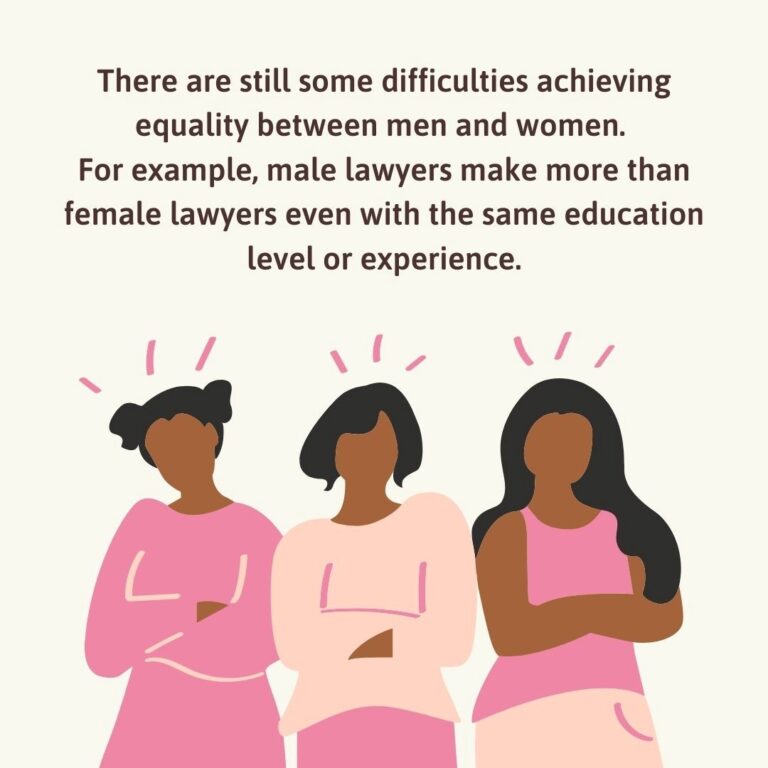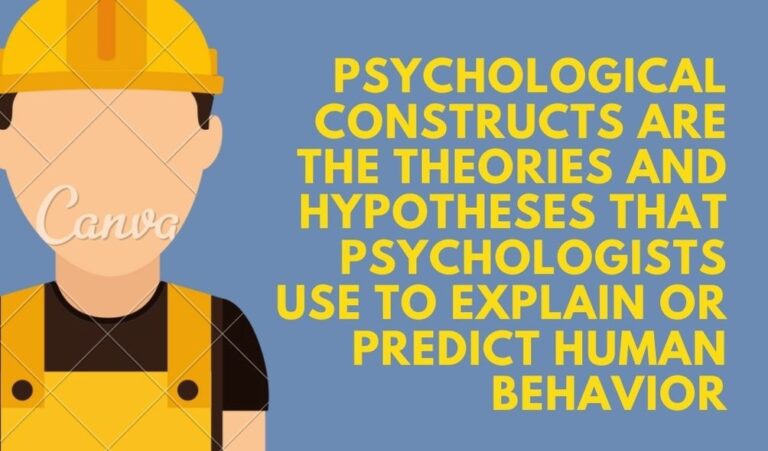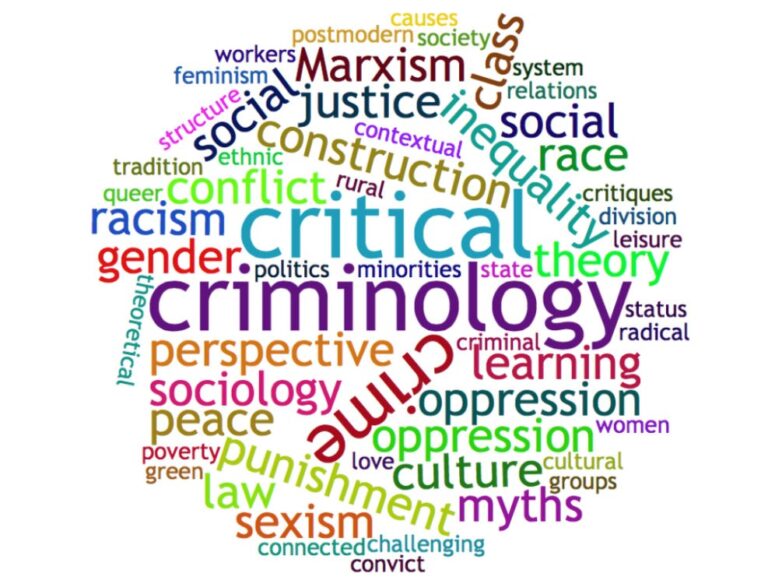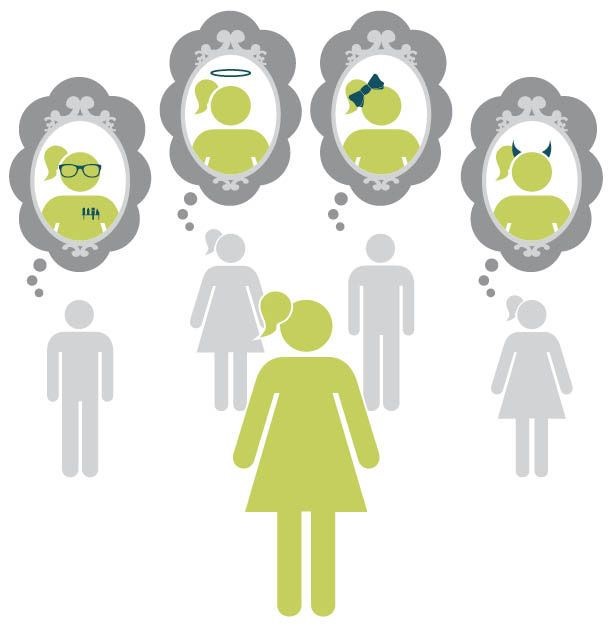All You Need to Know About the Women’s Movement
Introduction The women’s movement has been around for many years and is constantly evolving. In the past, it focused on getting more rights for women to work outside of their homes, but today many other issues need to be tackled. There are still some difficulties, though, in achieving equality between men and women. For example,…










